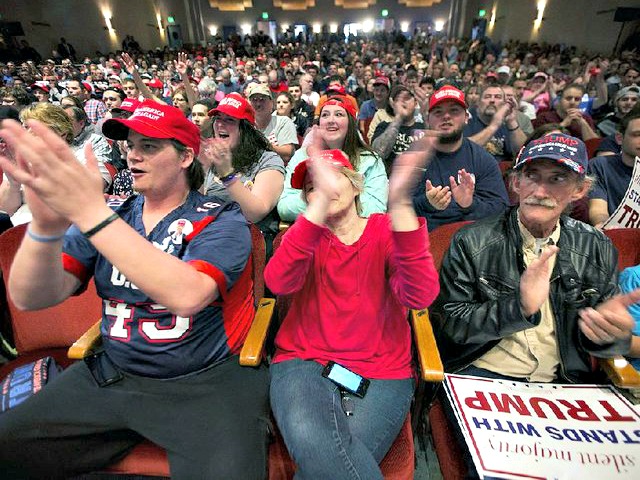From the World Street Journal:
Chief executives at big American companies are increasingly frustrated by the populist tone of the presidential campaign, and concerns are mounting in boardrooms and corner offices that antibusiness rhetoric may solidify even after the November election.
Some business groups had looked to a Republican administration next January that might peel back some Obama administration regulations. But that hope now is in doubt, and such groups are instead focused on key Senate and House races.
While some observers believe candidates may soften their stances once elected, executives worry that for now, the rhetoric of the election discussion could weigh on consumer confidence, thwart any immigration overhaul and derail a sweeping 12-nation trade pact, the Trans-Pacific Partnership, that the U.S. struck last year and that many businesses support.
“The precipitousness of the political debate is a little scary right now,” said Jim McNerney, who served as chief executive of Boeing Co. until last year and as chairman until February, at a recent industry conference.
Rhetoric from Republican candidates has grown more populist and less friendly to big business than at any time in decades, while the Democratic race is being influenced by the rise of liberal Vermont Sen. Bernie Sanders.
The GOP “has been captured by a large number of people who basically do not like big,” said Judd Gregg, a Republican former U.S. senator and governor of New Hampshire, who sits on the board of Honeywell International Inc.
Some of these instincts gave rise to the tea-party movement in 2009 and sent dozens of more conservative lawmakers to Washington the following year, fueling gridlock on Capitol Hill. They flared in the 2012 GOP primary contest but receded with the nomination of former Massachusetts Gov. Mitt Romney, a private-equity executive.
Now, the race for the nomination is led by Donald Trump, who has opposed Chamber of Commerce positions on trade, immigration and corporate mergers, and Texas Sen. Ted Cruz, who last year cheered the campaign to shutter an export-financing agency and was one of five GOP senators to vote against trade legislation.
You can read the rest of the story.

COMMENTS
Please let us know if you're having issues with commenting.